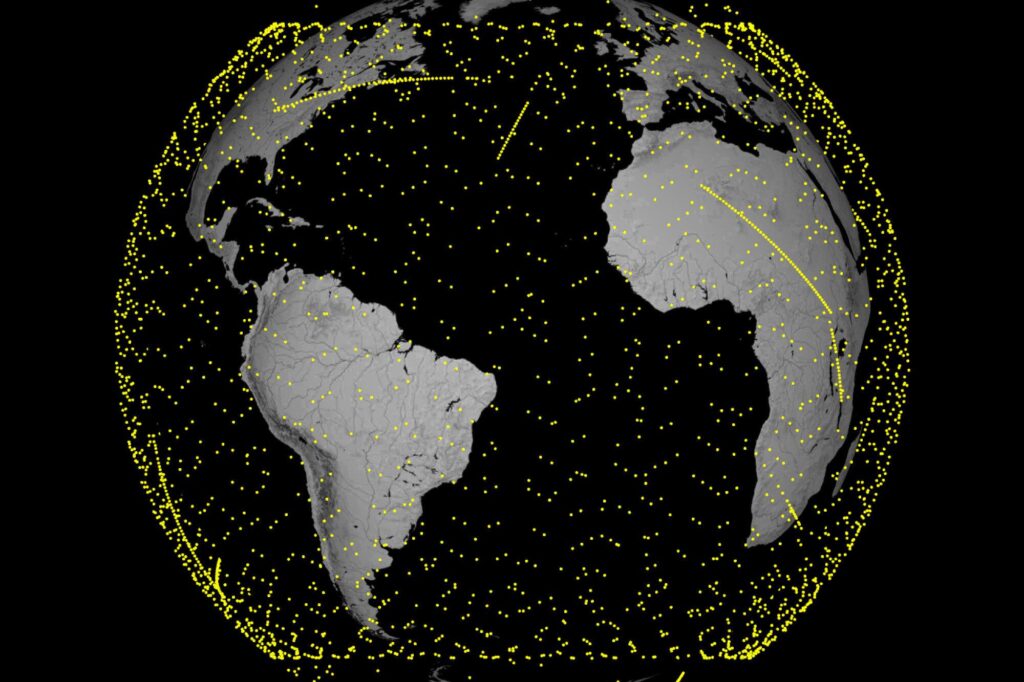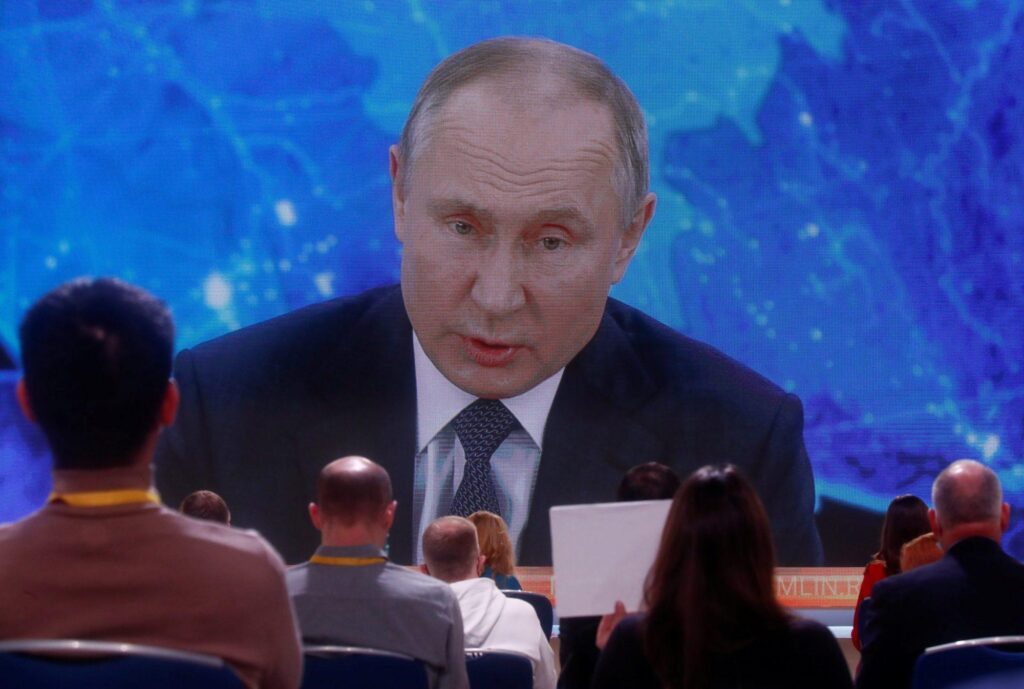In the high-stakes world of satellite internet and global connectivity, Elon Musk’s Starlink finds itself grounded in the complex regulatory landscape of India. As another of its devices falls into the hands of local authorities, the tech maverick’s ambitious communication network faces an unexpected roadblock, casting a shadow over its expansion plans in one of the world’s largest telecommunications markets. The tech world is abuzz with another controversial development involving Elon Musk’s satellite internet service. Recent events have brought Starlink’s operations in India to an unexpected standstill after authorities seized a second device associated with the network.
Government sources indicate that regulatory compliance issues are at the heart of this ongoing dispute. Starlink, known for providing high-speed internet in remote and underserved regions, has found itself entangled in complex bureaucratic challenges within the Indian telecommunications landscape.
The seizure of the second device signals escalating tensions between Musk’s satellite internet venture and Indian regulatory bodies. While specific details remain somewhat opaque, industry insiders suggest the crackdown stems from unresolved licensing and operational permissions.
Musk’s communication platforms have been relatively sparse regarding the specific circumstances surrounding these device seizures. However, the entrepreneur has publicly acknowledged the current operational suspension, hinting at potential legal and administrative hurdles.
Indian telecommunications regulations are notoriously stringent, requiring extensive documentation and approvals for network infrastructure deployment. Starlink’s rapid international expansion might have inadvertently overlooked crucial local regulatory requirements.
The implications of this suspension extend beyond mere administrative inconvenience. Thousands of potential users in rural and remote Indian regions who were anticipating improved internet connectivity now face uncertainty about Starlink’s future operations.
Technical experts argue that the seizures could potentially disrupt Starlink’s global expansion strategy. The incident underscores the complexities of navigating diverse international regulatory environments, particularly in a market as significant and regulated as India.
Market analysts are closely monitoring the situation, speculating about potential diplomatic and technological negotiations that might resolve the current impasse. The outcome could set precedential guidelines for future international satellite internet deployments.
Starlink’s global mission of providing widespread internet access faces yet another complex challenge. The company’s ability to adapt to local regulatory frameworks will be crucial in determining its long-term success in emerging markets.
Meanwhile, Indian telecommunications authorities remain tight-lipped about the specific grounds for device seizures, adding another layer of intrigue to an already complex technological standoff.
The tech community awaits further developments, watching how Musk and his team will navigate these regulatory waters and potentially restore Starlink’s operational status in one of the world’s largest telecommunications markets.
As negotiations continue behind closed doors, the broader implications for global satellite internet expansion remain a topic of significant speculation and interest among technology enthusiasts and industry professionals.









